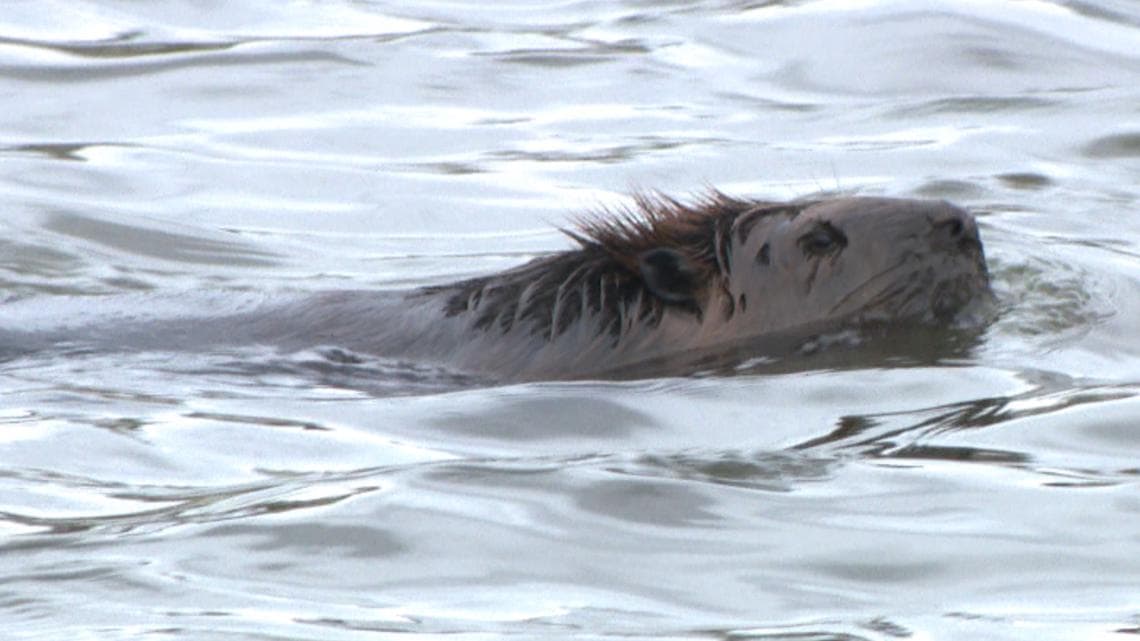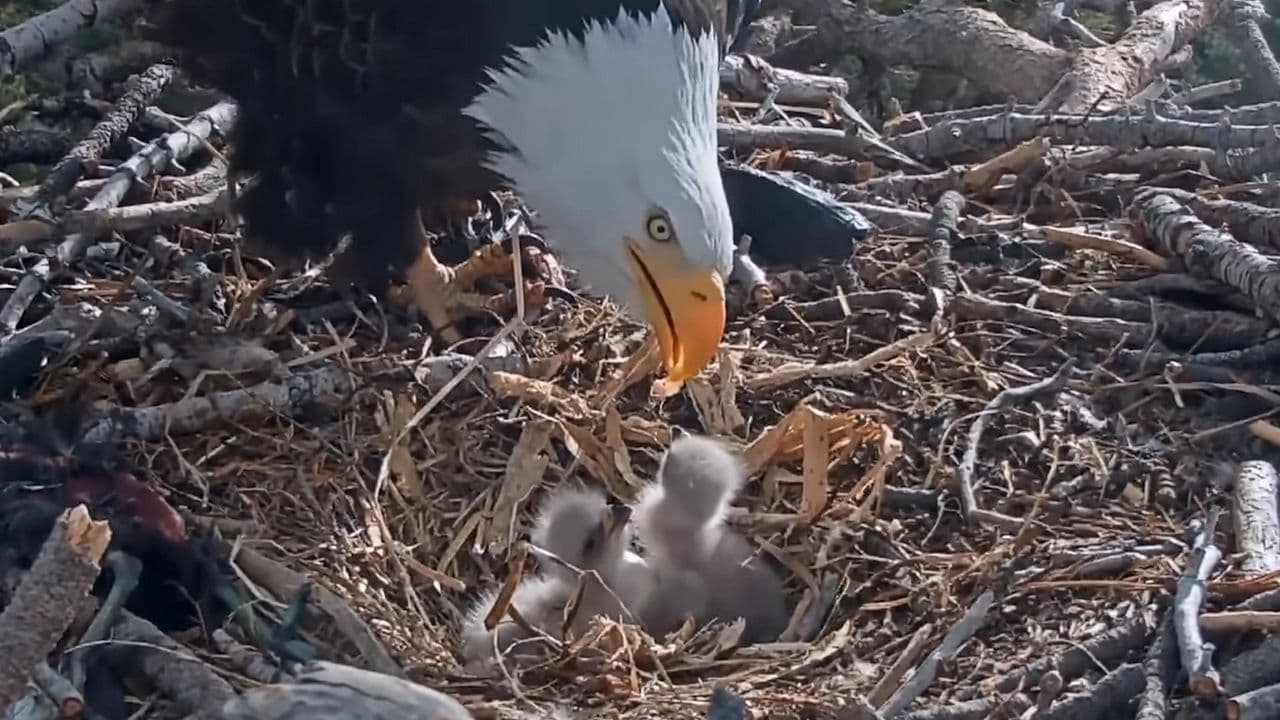
Amazing
More Than 200 Thousand Books Donated To Flint Students By Dolly Parton’s Imagination Library
It was in 2017 that Dolly Parton’s Imagination Library was launched, and since then, it has sent out over 200,000 books to Flint children.
The initiative, which sends a book to a child from delivery up to their fifth birthday on a monthly basis, achieved its target at the end of February.
Dr. Mona Hanna-Attisha, who is the Director of the Pediatric Public Health Initiative, stated in March that “for a year when things were awry, the monthly book allocation to households to young Flint children has been a reliable area of enrichment.” She added that with books being a vital formula for active and prosperous children, she’s ecstatic that they have reached the tremendously 200,000 book milestone!
Residents can benefit from the program by signing up, the Flint Public Library Director said, as part of the commemoration of the 200,000th book sent off to Flint children.
Every month, Dolly Parton’s Imagination Library sends a free age-appropriate book to the household of every registered child who is eligible.
“The Little Engine That Could” is the first book mailed to the child, and “Look Out Kindergarten, Here I Come!” is the last book mailed before the child turns five.
Essence Wilson, a mom, said, “Every month, my daughter Cadence enjoys being delighted with another exploration from the Imagination Library.” “We receive a wide range of novelists, lengths, topics, and varieties of books.
They peek her curiosity and are engaging, says the mom. She enjoys the suggestions in a number of the books about using them to teach various concepts and foster creativity. She’s also happy that the Dolly Parton Imagination Library is attainable to Flint families.
The Foundation’s grant for the community enabled the Flint program development in reaction to the water catastrophe.
About 9,500 qualifying small kids have benefited since the program started, with almost five thousand still enrolled and receiving books on a regular basis. Another 4,700 have since finished the program.
The Foundation is funded by individuals across the United States and fifteen countries worldwide to assist the city of Flint and its residents in recovering from the Flint water crisis.
The foundation’s strategic emphasis on raising literacy rates aligns with the fund’s nearly 700 thousand dollar undertaking in Dolly Parton’s Imagination Library.
The community’s transition from disaster to recuperation is aided by keeping young children at the forefront of required solutions.”
Head of the Genesee Intermediate School District, Lisa Hagel, said they continue to be an enthusiastic collaborator in linking children and families to literacy through Dolly Parton’s Imagination Library.
The program also promotes family reading by offering early literacy packages to new mothers at the medical center, providing information about how to participate in the Dolly Parton Imagination program in partnership with community partners.
Children are required to be under the age of 5 and live in zip codes 48501 up to 48507 as well as 48532 to be eligible for the program.
More than forty percent of all children living in the designated areas are signed up.
You can register online at FlintKidsRead.org or collect a registration form at the Flint Public Library in Burton.
If a family has more than one qualified child, each child may be enrolled separately and obtain a book appropriate for their age group. The initial book takes about 8-10 weeks to arrive.
Those interested in participating in the program can get more details by calling the Flint Public Library at 810-249-2569.
Amazing
Scientists Reveal ‘Olo’: A Never-Before-Seen Color Created with Precision Laser Tech

In a stunning leap forward for vision science, researchers have unveiled a color no human has ever seen before. The new hue—named olo—is described as an intensely saturated blue-green that falls outside the boundaries of the natural human color spectrum.
Published in Science Advances, the study comes from a collaboration between scientists at the University of California, Berkeley, and the University of Washington. At the heart of the discovery is a new experimental tool dubbed Oz, a laser-based system that allows researchers to stimulate individual photoreceptors in the human retina with unprecedented precision.
“The Oz system represents a new experimental platform in vision science,” the study states. It works by isolating and activating just one type of cone cell—specifically, the M cones responsible for detecting green light—while bypassing the other two (S and L cones, which are sensitive to blue and red light, respectively). This kind of targeted stimulation isn’t possible under natural viewing conditions, where any light usually activates multiple types of cones at once.
In controlled experiments using laser light directed into the eyes of five participants—all with normal color vision—scientists were able to generate a perceptual experience unlike anything in nature. By activating only the M cones, participants reported seeing a blue-green shade that felt completely novel and extraordinarily vivid.
“By activating only the M cones, we elicited a color beyond the natural human gamut,” the researchers wrote. They described olo as a color of “unprecedented saturation.”
This discovery doesn’t just expand our understanding of color—it could also have practical implications. The Oz platform may pave the way for more advanced research into visual processing, new treatments or diagnostic tools for color blindness, and potentially even new types of displays capable of showing colors previously thought impossible to reproduce.
As the study concludes, “This new class of programmable platform will enable diverse new experiments,” including deeper exploration into how flexible and adaptable human color perception really is.
With olo, the boundaries of the visible world just got a little wider.
Amazing
From Wheels to Wonder: Paralysed Skater Transforms Old Boards into Bold Sculptures

When Nick Harding lost the ability to skateboard, he never imagined he’d find a new way to stay connected to his lifelong passion — through art.
In 2019, Nick was suddenly paralysed by Guillain-Barré syndrome (GBS), a rare auto-immune condition where the immune system attacks the nervous system. What started as a sore hamstring quickly escalated into a medical emergency. Within an hour of arriving at the hospital, he was on life support. He spent 13 weeks in intensive care at Southmead Hospital in Bristol and seven months in recovery, relearning how to walk and use his arms.
“Skating has always been a huge part of my life,” Nick said. “Having an outlet for that desire to play with my favourite toy is what brought the sculptures about.”
With his old decks stacked in a corner and his body still rebuilding strength, Nick began experimenting. His early attempts to make practical items were shaky — his hands lacked coordination — so instead, he focused on creating something beautiful. With no prior carpentry experience, he turned to YouTube tutorials, teaching himself to shape, sand, and finish colorful, psychedelic forms from the layered wood of worn-out skateboards.
The process helped rebuild his dexterity, but it also served as a mental anchor. “I just focused on doing a little bit every day,” he said. “It was the process that felt good when I was at my lowest.”
Now, Nick sells his sculptures through his Etsy shop Mobius Maples and has gained fans from around the world. His pieces — all carved from donated, broken, or retired boards — are abstract, swirling forms that capture the movement and spirit of skateboarding.
But for Nick, it’s not just about the art or even the recovery. It’s about staying connected to the Bristol skate scene that shaped him. He donates pieces to skate competitions and charity auctions and even hides small keychains around the city for his Instagram followers to find.
“It wouldn’t be anything if it was just me,” he said. “It’s also people who give me their old boards. Interacting with the art and letting me be involved with things is what’s kept it going.”
“I want it to be something that adds to the community, and I’m so grateful that I still have the opportunity to do that.”
Through creativity, community, and resilience, Nick Harding has transformed adversity into something both healing and inspiring — turning the boards that once carried him across pavement into lasting works of art.
Amazing
Community Petition Saves Wally the Beaver from Euthanasia

Wally, a beloved beaver who became a community favorite in Northern Virginia, was saved from euthanasia thanks to the efforts of thousands of supporters who rallied together through an online petition.
Wally first gained popularity at Huntley Meadows Park in Fairfax County, where locals and visitors often saw him hard at work building dams. However, wildlife officials considered euthanizing him after concerns arose over flooding and tree damage caused by his dam-building activities.
The community swiftly stepped in, launching a petition that quickly gathered over 10,000 signatures. Advocates argued that the beaver’s positive impact on the ecosystem—creating wetlands and habitats for other wildlife—far outweighed any inconveniences.
Local officials eventually agreed, opting instead for a humane relocation effort. Wally will now be safely moved to a suitable habitat rather than being euthanized.
“This shows how much our community values wildlife,” said Julie Ames, the petition’s creator. “We’re thrilled our voices were heard.”
Residents celebrated the decision, highlighting how Wally’s survival symbolizes the growing awareness of peaceful coexistence with local wildlife.
Amazing
Third Eaglet Joins Big Bear’s Beloved Bald Eagle Family

A third eaglet hatched yesterday in the much-loved bald eagle nest near Big Bear Lake, marking a delightful moment for the growing number of wildlife enthusiasts who have been closely watching the family online.
The nest, located in the San Bernardino National Forest near Big Bear, California, has been streaming live via the Friends of Big Bear Valley eagle cam. Observers were excited to witness the third chick hatch, a significant event considering that bald eagles usually lay two eggs, with three being somewhat unusual.
The parents, affectionately named Jackie and Shadow, are local celebrities among bird watchers. According to the Friends of Big Bear Valley, these parents have gained fame for their caring behavior, ensuring their chicks remain healthy and thriving despite the occasional harsh weather conditions.
“The hatch was smooth and perfectly timed,” said Sandy Steers, executive director of Friends of Big Bear Valley. “It’s heartwarming to see this family continue to flourish.”
Wildlife experts emphasize the importance of maintaining a respectful distance, reminding the public that the best way to enjoy and protect these birds is by observing remotely via the eagle cam.
Viewers can continue to monitor the eaglets’ development, celebrating each milestone as the chicks grow into young eagles over the coming weeks.
Amazing
Pocatello’s Last Video Rental Store Preserves Tradition for Devoted Patron

In an era where digital streaming dominates, the closure of Video Stop marked the end of an era for Pocatello, Idaho. However, for one loyal customer, the spirit of the traditional video rental experience continues, thanks to the store owner’s thoughtful initiative.
For over 15 years, 35-year-old Christina Cavanaugh, who has Down syndrome and is mostly nonverbal, maintained a cherished routine of visiting Video Stop almost daily with her mother, Toni. This ritual was integral to Christina’s daily life, providing her with joy and consistency. The prospect of the store’s closure posed a significant disruption to her routine, causing concern for Toni about how to explain the change to her daughter.
Understanding the importance of this routine to Christina, Video Stop’s owner, David Kraning, decided to preserve a portion of the store’s collection. He dedicated a corner in his adjacent business, K & B Kwik Stop, to house these movies, ensuring Christina could continue her beloved visits. This thoughtful gesture not only maintained a sense of normalcy for Christina but also highlighted the deep bonds formed between local businesses and their patrons.
Toni expressed immense relief and gratitude for Kraning’s actions, likening the news to “being sentenced to prison and then getting a reprieve.” She praised the community-oriented approach of Kraning and his staff, who have always been attentive to Christina’s unique needs, even training new employees on how to interact with her during checkout.
While the era of video rental stores may be fading, the compassion and dedication demonstrated by Kraning ensure that, for Christina, the magic of selecting a physical movie remains alive. This story serves as a heartwarming reminder of the impact local businesses can have on the lives of their customers, going beyond transactions to form meaningful, supportive relationships.
-

 OMG7 years ago
OMG7 years agoA Couple Gave Birth to the Most Beautiful Twins Ever
-

 OMG7 years ago
OMG7 years ago20 Rare Historical Photos
-

 OMG7 years ago
OMG7 years agoHilarious Airport Photos
-

 Cute7 years ago
Cute7 years agoMom Refuses to Let Daughter Eat Sugar and Years Later This is What She Grows Into
-

 OMG7 years ago
OMG7 years agoTop Secret Air Force One Facts That You Never Knew
-
OMG6 years ago
The Funniest Yearbook Photos Of All Time
-

 OMG7 years ago
OMG7 years agoRetired Mathematician Restores Log Cabin
-

 OMG6 years ago
OMG6 years agoWhat Happened When This ‘Duck Dynasty’ Legend Chopped Off His Beard?